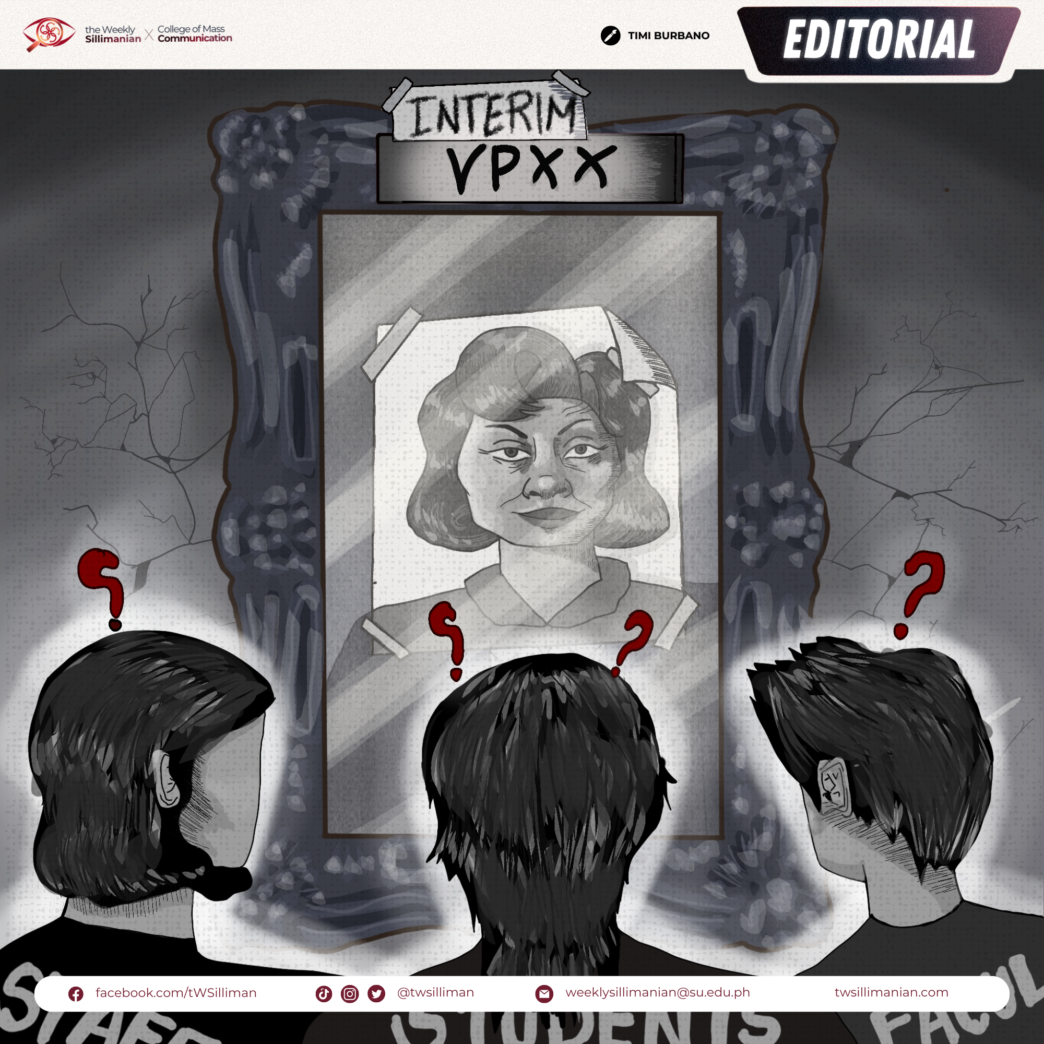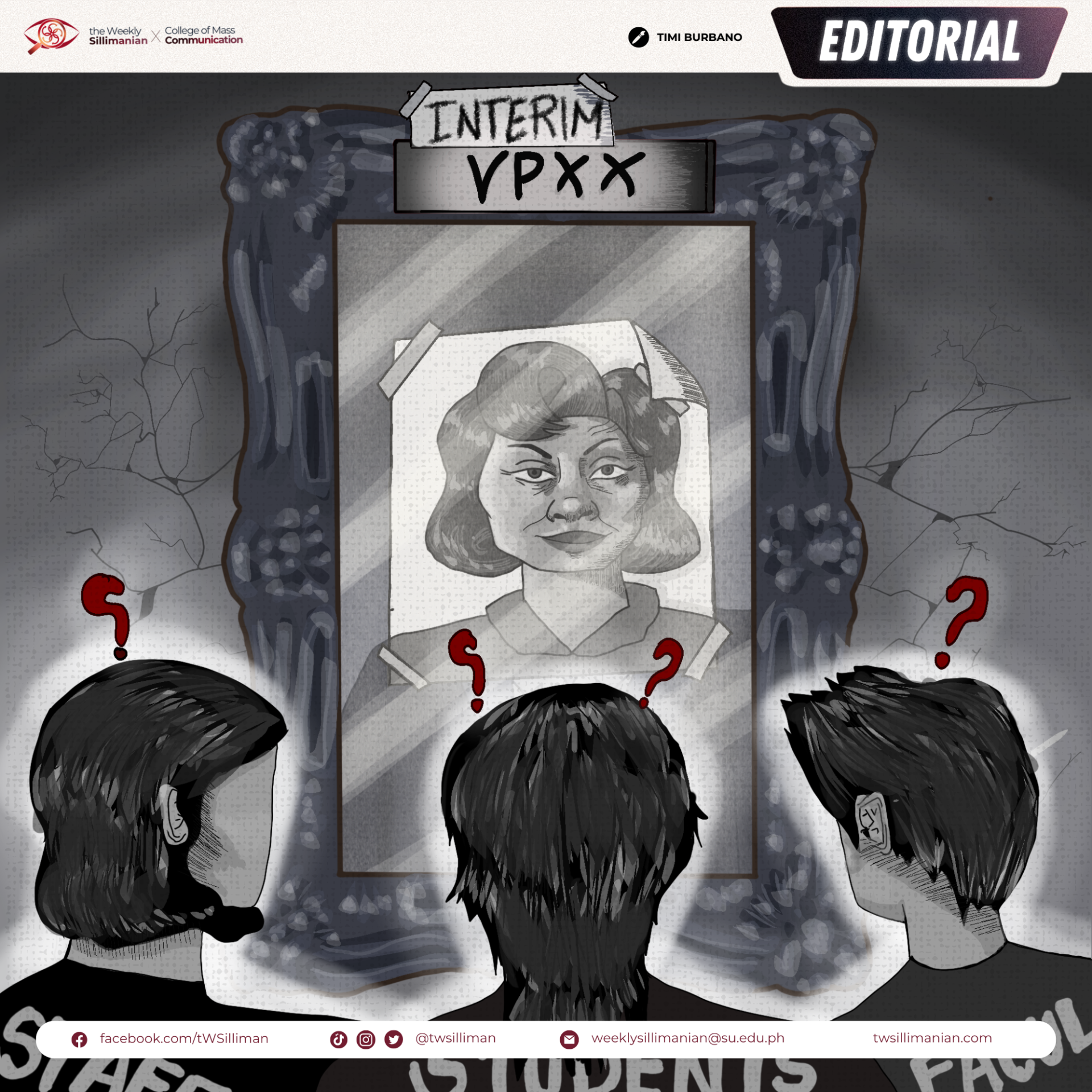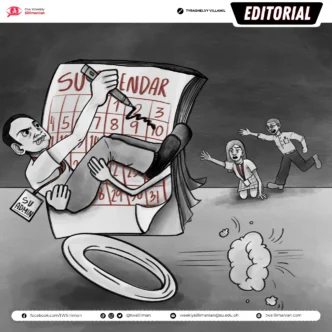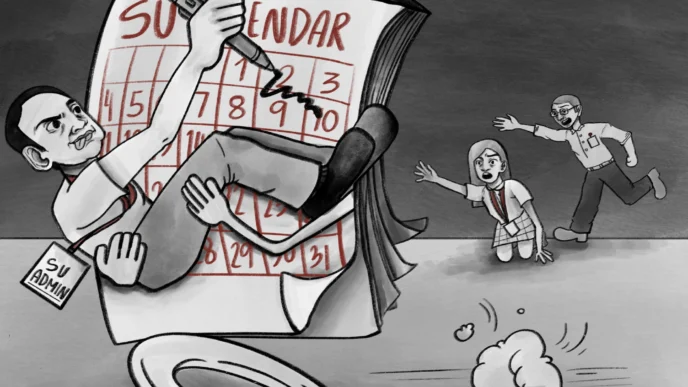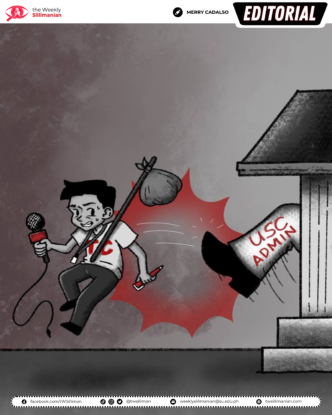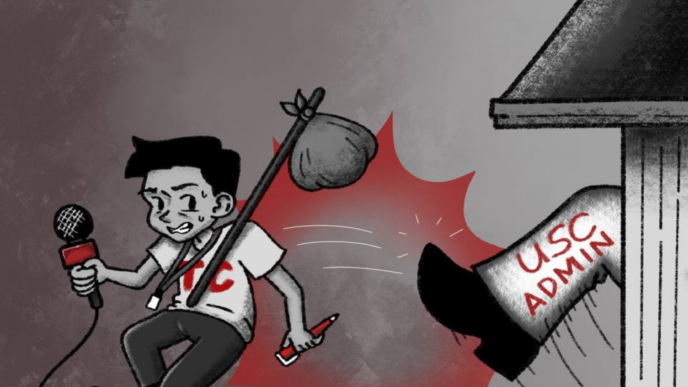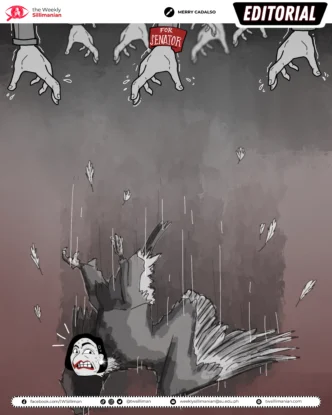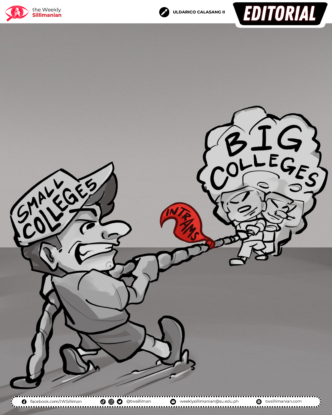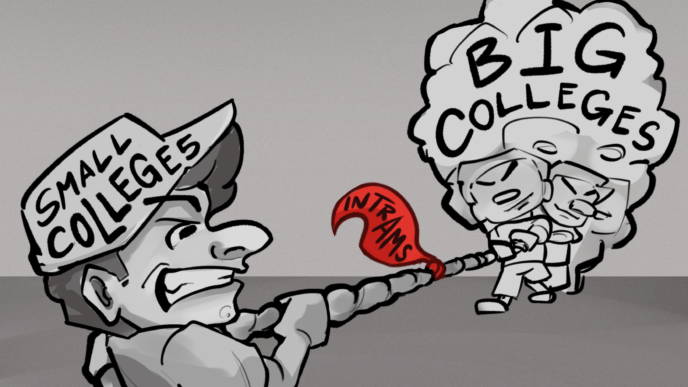Leadership and just transition are always the core of an efficiently working organization, and it is seen in the various student-led organizations and projects around campus. Yet the very institution holding its constituents together hasn’t taken these principles to heart, considering the active advocacy for sustainability.
This is evident in Silliman University’s (SU) current state with several interim positions after the restructuring of the institution’s organizational structure. The sudden change of administrators has created confusion with regard to each of their scope and limitations.
The temporary functionality of these interim administrators pose a significant problem when it comes to mobilizing existing processes and tasks, as well as appointing new and official administrators in the upcoming semester.
While the transition happened during the first semester, it created a different form of dysfunctionality. Documents are questionably going to the wrong offices for approval, and certain admin staff have given unwarranted statements on matters not included in the scope of their job description.
Falling short in disseminating the changes to the students is evidence enough that SU is trying to stray away from additional controversy. This then poses the question: wasn’t transparency the core principles of the university?
With the planned changes to the school calendar for the coming semester, there is also an evident lack of necessary information dissemination for stakeholders, particularly the students.
Although the plan is still pending the approval of the Commission on Higher Education, the students need to know the details of this significant change. This creates a cause for concern especially for students living far from the campus by the sea.
As a university that advocates for transparency, sustainability, and leadership, the SU administration shows otherwise.
December 16, 2024 marks the end of the interim term of several administrative positions, creating another hole in the school’s primary backbone.
If the institution itself cannot work on creating sustainable leadership and just transition within the core of the administration, how can its primary stakeholders–the students, faculty, and staff believe that the school is still very much capable of sustaining them?
The College of Mass Communication (CMC) COM 33 News Editing and Production class urges Silliman University to be more proactive and transparent in relaying important information to the stakeholders, especially with major decisions within the university, removing the gap in between.
By establishing sufficient communication with the stakeholders, this reduces the risk of unforeseen problems caused by delayed and lacking information being provided.
Additionally, the class hopes that the experiences faced during the interim period will serve as a lesson for the university when they transition into future appointees.
The foundation of leadership roots from the voices of the constituents – the rock of the institution. Solidifying this foundation is one thing, but sustaining it is another. Good leaders strive to make both ends meet, and the entire university is looking forward to it.

